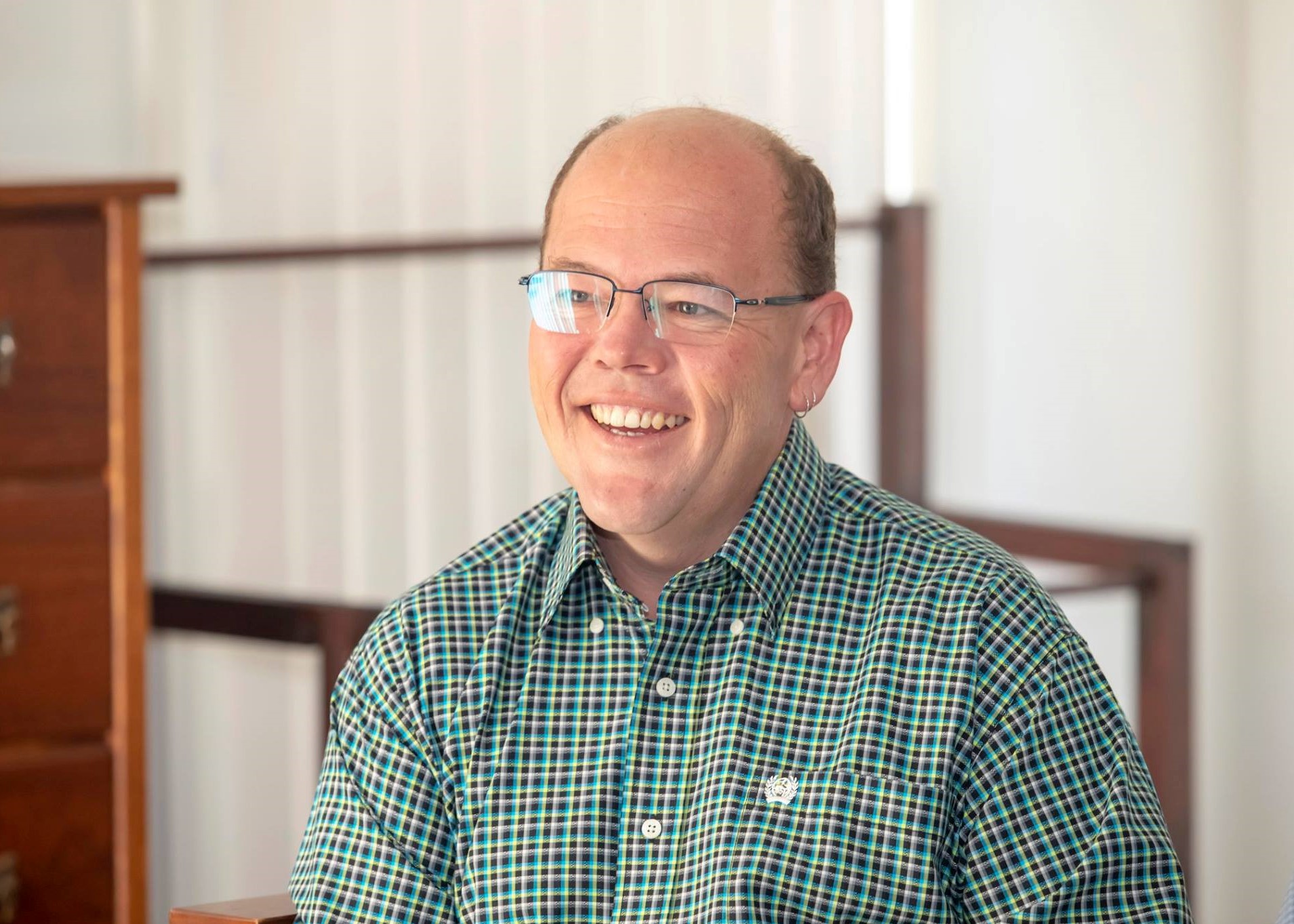
Wayde Walker is the National President of the Australian Institute of Office Professionals (AIOP) and a member of the Australian First Responder Foundation
Can we start with a little background information? Where are you from and what do you do?
I am a proud indigenous man who comes from the Gamillaray Nation. I was raised and live on Wonnarua land, in the town of Branxton, Hunter Valley, New South Wales (NSW), Australia.
In my paid roles, I am an Office Manager for Hunter River Trees and a Members Services Officer for St John Ambulance NSW. I have been involved in St John Ambulance since the ripe age of 9 years old and have held many volunteer positions throughout the organisation from junior through to state staff officer. I also led the state in deployments for the NSW bushfires in 2019/2020 and COVID-19 initial deployments, working with the NSW Rural Fire Service and NSW Health Disaster Management teams to ensure the safety and wellbeing of all volunteers and staff on the ground.
My volunteer roles include being an advanced responder with St John Ambulance NSW, the National President of the Australian Institute of Office Professionals and a member of the Australian First Responder Foundation.
I also sit on the Skills Council for Business and Technology for TAFE NSW, assisting TAFE NSW with their development of training and strategies to ensure the relevance of their delivery within the current industries across the business and technology fields.
How did you become an Assistant?
Growing up, I loved all things stationery and all things maths. I was a bright cookie, but didn’t think I wanted to go to university, so instead of going and becoming an accountant, I started doing an in-school traineeship in administration.
After this, I went on to do a traineeship with Macquarie Generation (now AGL Energy) and then progressed through many roles in both public and private sectors, to where I am now working across the administration, finance and human resource sectors. I gained a vast level of experience in all roles with a high focus on medical administration. I have a passion for finance, governance, workplace health and safety and disaster management and recovery.
How has the COVID-19 pandemic changed your role?
When COVID-19 first started, I was working for NSW Health, so my role went from being an Executive Assistant to being the centre of the pandemic coordination for the site that I worked on. I left this role in mid-2020 for a bit of a change of pace and career.
I started working for St John Ambulance NSW as a paid employee in the People Performance and Culture Team (HR), just casually, but it is something that I love.
In December 2020, I landed a job as an Office Manager for Hunter River Trees.
Both of my roles since leaving the health sector have been working from home.
So, in relation to COVID-19, it has made my roles vastly different, as I am in my home office rather than in a team office, and although the team office is something that I miss dearly, I love the fact that when working from home, you can start at 8 a.m., finish at 4 p.m. and you don’t have to travel to or from the office. You can also do little things during your breaks, like put the washing on, hang the washing out, do the dishes, etc.
Something else that has changed is my diet. My husband and I have both consciously, since the start of the pandemic, been eating a bowl of fruit each for lunch each day, meaning that we are eating healthier!
You are the National President for AIOP (Australian Institute of Office Professionals). Tell us about that.
AIOP is the only Office Professionals body in Australia that has the linkage and advancement to the corporate and rest of the world, being a member of the WA Alliance and other bodies.
I have been on the Board of Directors for AIOP since 2019 and have been involved with various boards and management committees in different sectors since the age of 16.
Being the National President allows me to take the organisation to the next level and be a peak industry body across Australia, where we will link in with the PWC Industry Skills Council in Australia, which writes the training requirements for certified qualifications in Australia, to ensure that we are having the input that our members want.
I am responsible for the empowerment of the board and officers, consultatively managing their portfolios, and always work alongside my fellow directors to achieve the highest goals that we possibly can.
What strategies do you use to balance your role as National President, your job and your life outside work?
Due to having flexibility in my paid jobs and volunteer roles, I like to keep the day to 8 a.m. to 6 p.m., at a maximum, and then one weekend a month. My husband and I have three fur children, and a “back yard” of 1.5 acres. I enjoy spending time in the gardens, caring for the lawns and exploring the wilderness.
I work on a tight calendar (although it is hard when you have four different calendars to work from), and I will be the first to admit, sometimes I just have too much on.
To ensure that I get enough rest and relaxation, I always delegate. I have an Office Assistant who works with me in one paid role, and I have a team of three who work with me in my other paid role. I manage to squeeze my volunteer roles into the available slots around all of that.
Why do you think the role of the Assistant is a valuable one?
The role of an Assistant is vital to keeping an executive on track, to get them going, and to push all the unwanted “guff” away so that they don’t need to deal with it.
Being an Assistant, I am like a fox terrier; nothing gets past me to my executive. If I know about it, I can prioritise it according to my executive’s schedule, or handle it directly if it’s something that can be dealt with under my delegation.
To be a great Assistant, you need to be like an attachment to your executive and get in sync with them; you need to be able to think like they do, decide like they do, and challenge them like they would you. A great Assistant is more like a business partner to their executive.
What advice would you give someone starting out as an Assistant?
- Keep up with your training and establish your networks.
- Read things that you probably wouldn’t normally read (like policies, procedures, legislation).
- Have an inquisitive mind.
- Remember that there is never a dumb question.
- If you are going to come to someone with a problem, always come prepared with potential solutions, or be ready to say, “I don’t know how to deal with this; can you mentor me on how to best deal with this problem?”
So, what’s next for Wayde Walker? Where do you want to be in five years’ time?
I have my retirement plans in place. I will be retiring from “essential work” in December 2024, at a nice age of 44. Then I will continue to work where I want and when I want, but essentially will travel for the next 30 years around our country, and around the globe. I might even become an inspirational speaker who presents across my travels in all the different areas!
I would also like to volunteer my time to do medical and housing mission trips, where I can go and make a real difference to countries in need of assistance.












